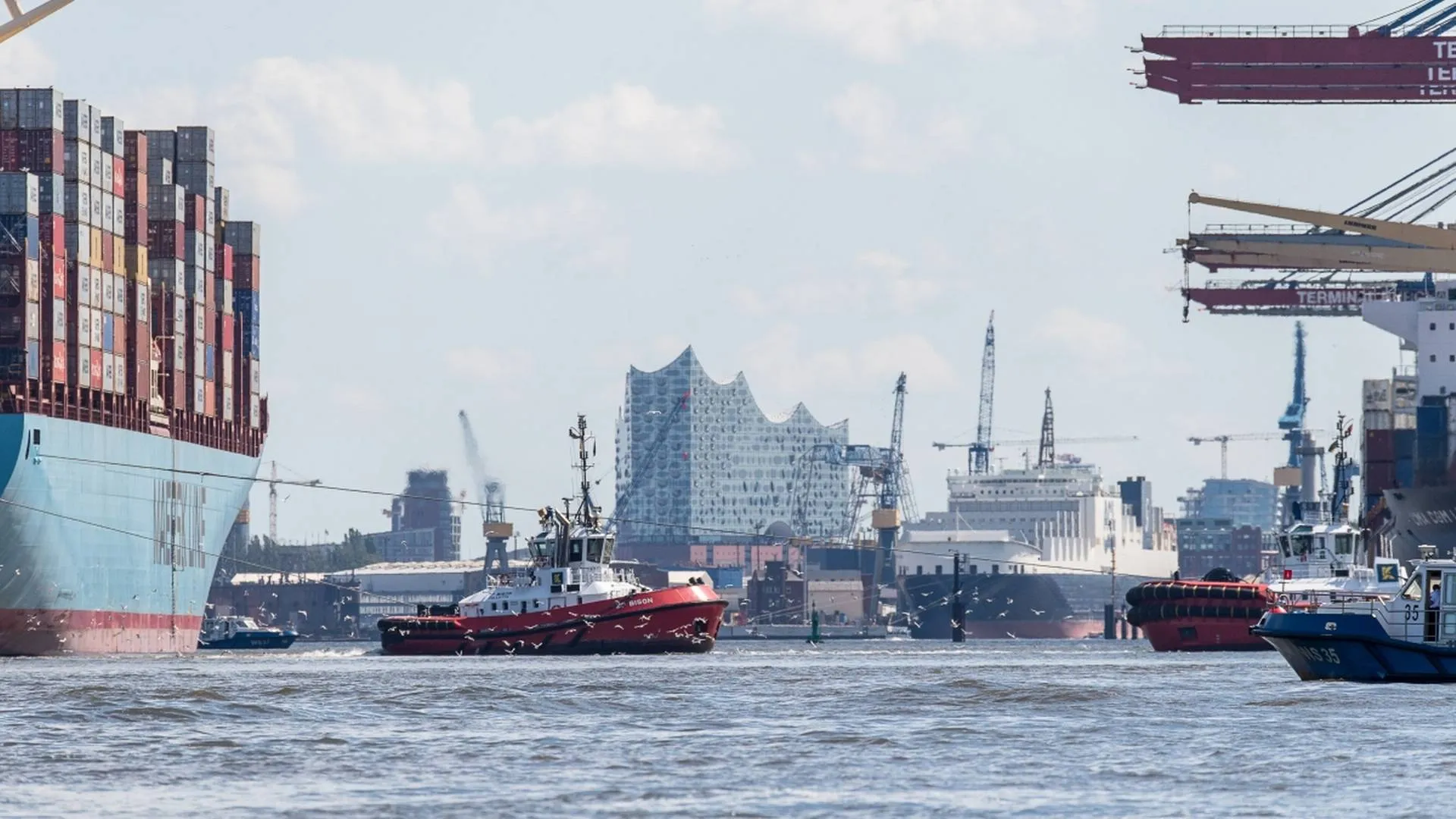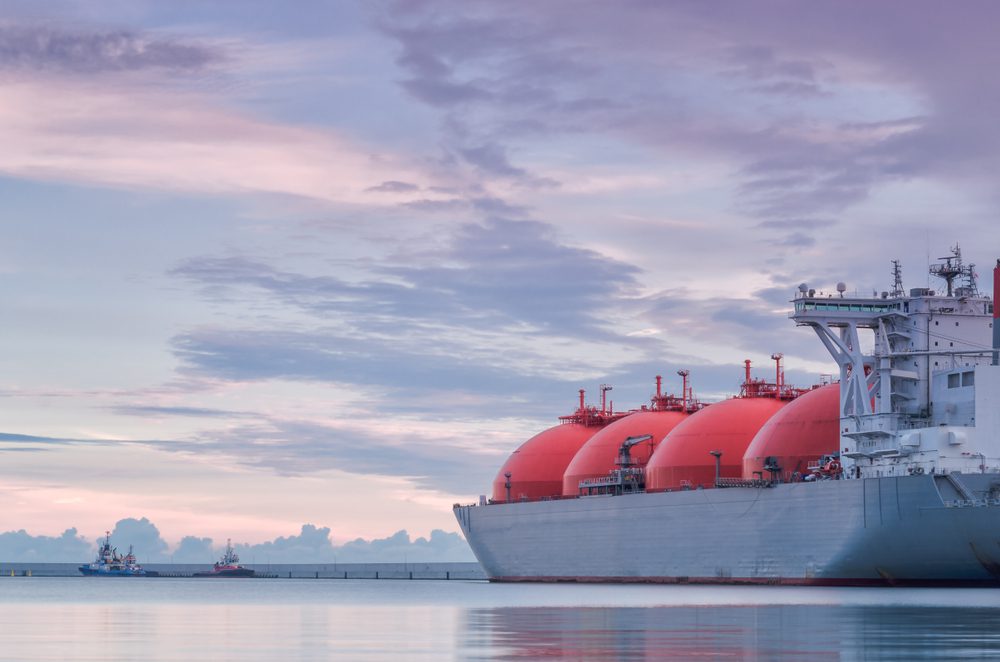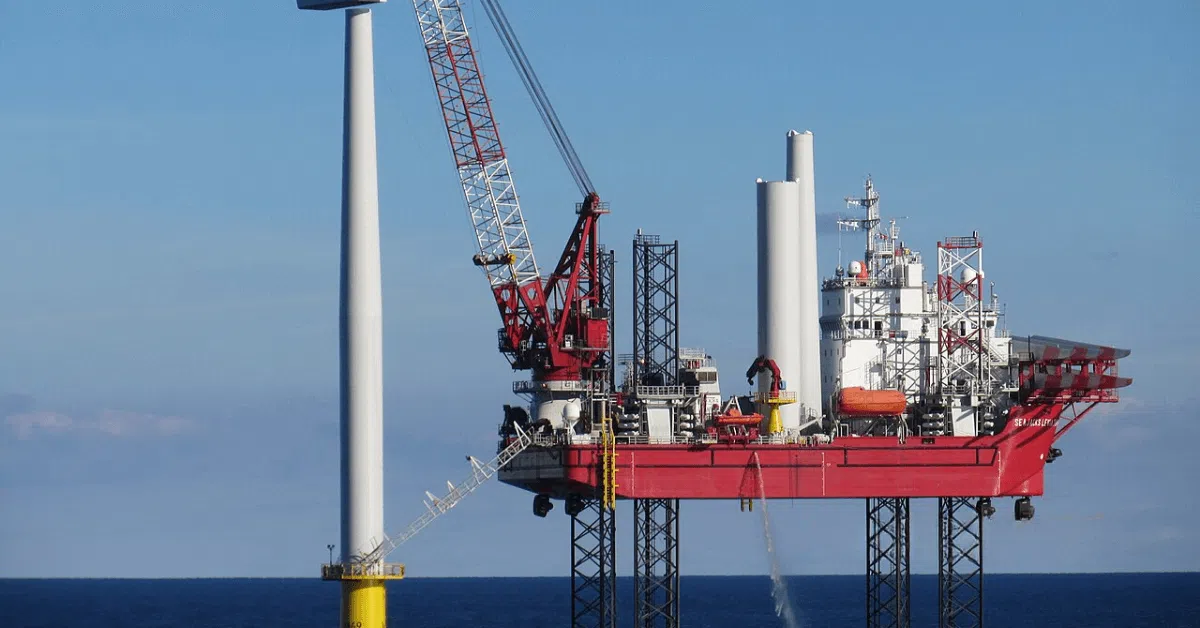Brasilia, 14 October (Argus) — Italy, Japan and India have endorsed Brazil’s proposal to quadruple global output and use of sustainable fuels by 2035, a goal that a new IEA study indicates is feasible.
Other countries, especially from Europe, are also interested in joining the pledge, the Brazilian foreign relations ministry’s energy director Joao Marcos Leme said at pre-Cop in Brasilia on Tuesday.
The pledge is backed by a IEA report published on Monday that shows that quadrupling output and usage of sustainable fuels — including liquid biofuels, biogases, low-emissions hydrogen and hydrogen-based fuels — is possible, Leme said.
The world produced 6.84 exajoules (EJ), roughly the energy equivalent of 3.3mn b/d of crude, of liquid biofuels, biogases and hydrogen in 2024, the study shows. It can raise that to 12.7 EJ in 2030 — which would then include 0.05 EJ of synthetic fuels — and then to 27.47 EJ in 2035, when the study also includes ammonia as a potential source, according to the most accelerated scenario in the IEA study.
Those figures are in line with global demand, the study says. Demand for those fuels in 2024 totaled 6.81 EJ in 2024 and could grow to up to 12.76 EJ in 2030 and 27.46 EJ in 2035, also according to the IEA’s study.
“Liquid and gaseous biofuels, which today account for almost all sustainable fuel consumption, would remain important, meeting about two-thirds of total sustainable fuel demand in 2035,” the study says. But low-emissions hydrogen and hydrogen-based fuels — which currently account for about 1pc of the total — “would expand rapidly after 2030, contributing with roughly half of the growth in sustainable fuel use in 2030-2035”, it says.
Investments in sustainable fuels in 2024-2035 could reach $1.5 trillion, according to the study.
The pledge’s goal is to use sustainable fuels and other technologies to help reduce carbon emissions from power generation and in hard-to-abate sectors such as aviation, maritime transport and the cement and steel factors, Leme said.
The president of the UN Cop 30 climate summit Andre Correa do Lago stressed the importance of sustainable fuels to achieve net-zero targets for greenhouse gas emissions on a panel during New Your Climate Week, in late September. Leaders from across the sustainable fuels value chain formally asked do Lago to help drive international collaboration and scale up the production of sustainable fuels.
But the sustainable fuels pledge will not be a part of Cop 30’s final statement, Leme said. Instead, the goal is to reach consensus on “a political level”, he added.
Quadrupling output of sustainable fuels will not depend solely on current major producers, such as Brazil, the US and India, Leme said. “This is not an exercise to single out countries,” he said. “This is a solution from the energy world to try to accelerate technologies that combat climate change.”
Brazil is second globally in biofuels production, after the US. It produced around 165,375 b/d of biodiesel in January-August, nearly 551,250 b/d of ethanol and approximately 241,360 m³/d of biomethane, data from hydrocarbons regulator ANP show.
The US did not send a delegation to pre-Cop and it is still unknown whether it will send an official group to Cop 30. Brazilian president Luiz Inacio Lula da Silva has recently formally invited US president Donald Trump to attend.
By Lucas Parolin




